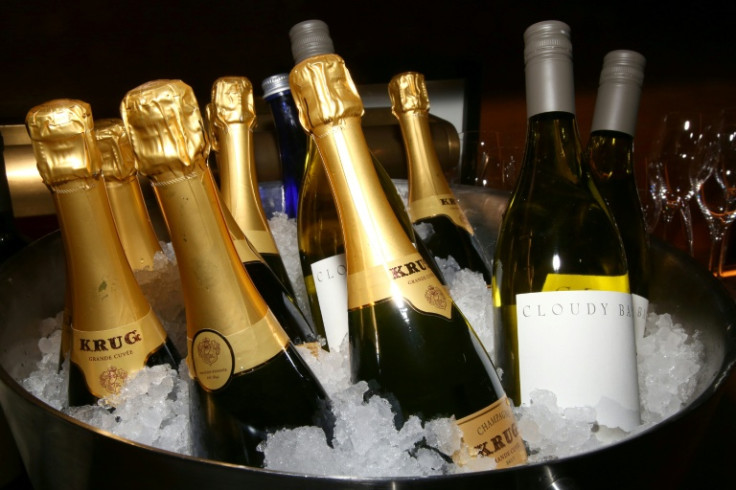
Champagne growers say President Donald Trump's tariffs on European goods will hurt sales to the United States, their biggest export market, but hope that the sector may yet escape the new duties.
Trump's steeper global tariffs, including a maximum 15 percent on EU goods, came into effect on Thursday, upending global trade.
"It's going to hurt," said Christine Sevillano, a champagne grower and head of the independent champagne makers association.
The US market accounts for nearly 10 percent of her turnover, Sevillano told AFP at her family-owned organic vineyard.
Like many growers here, she hopes that ongoing talks between the European Commission -- which negotiates trade deals on behalf of EU members -- and the US government may yet result in a better deal for her sector.
"I want to be optimistic," she said. "We sell an optimistic product, an optimistic wine."
The champagne industry sells about 10 percent of its production volume to the US market, and 14 percent of its total output value, representing 820 million euros ($955 million), according to 2024 figures provided by the Comite Champagne industry association.
Sevillano's US importers are "in a kind of limbo", she said. "They clearly hope that the Trump administration will change course."
But unless it does, "the situation will become difficult for my importers", she said.
Orders have already started to dry up over recent months, with the tariff threat compounded by US inflationary pressures weighing on consumer spending and the dollar exchange rate.
The French producers are not the only ones set to suffer from Trump's tariffs, said Maxime Toubart, Comite Champagne's co-president.
"Of course these tariffs weigh on our operations, our vineyards and our businesses," he said.
"The entire value chain will suffer," he told AFP, from small-time Champagne growers and to US end-consumers. The economic impact on the US itself "has not yet been properly studied", he said.
Ongoing EU-US negotiations, meanwhile, were "good news", he said.
France's wine and spirits association FEVS said there was a chance that the French drinks sector could yet become exempt from the blanket tariffs.
"That's our target, and precisely our message to the governments of France and the other EU members," it said.
Toubart said champagne makers want to remain "very present" in the US market that is "very important for us".
But amid US uncertainty, they will also seek to make up for lost American sales by targeting countries in southeast Asia, Latin America and Africa, said Toubart.
"There are other markets waiting to be opened up," he said.








